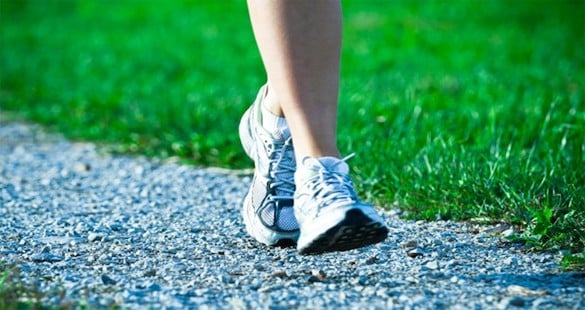The impact of chronic stress (stress that is excessive and ongoing) has been recognised for some time. More recently, scientists have been uncovering new findings about the impact of chronic stress on the cellular signs of premature ageing and health risks. The focus of this
work involves telomeres. These are the protective caps on the ends of chromosomes that protect our genetic data. Over time, as telomeres become shorter, cells age and die. Research studies have linked shorter telomeres to a wide range of ageing-related diseases, including dementia, diabetes, stroke and some cancers.
While these findings are sobering, researchers have also been discovering behaviours and habits that seem to promote cellular longevity. One of those protectors is mindfulness. Scientists Tonya Jacobs and Clifford Saron of the University of California found that for people who practised mindfulness every day for 3 months, they had, on average, about 30% higher levels of the telomere-restoring enzyme telomerase than did controls. In another study, focused just on women, those who maintained active lifestyles, healthy diets, and good-quality sleep appeared to be protected when exposed to stress: accumulated life stressors did not seem to accelerate their telomere shortening.
In our view, these studies give us yet another reason to prioritise exercise, eating well, sleeping well and a recovery habit like mindfulness into our daily routines.
We know that developing these activities as regular habits is useful – once a habit it’s easier to maintain and requires less energy and effort to integrate into our day.
Reference:
Epel, E. S., Blackburn, E. H., Lin, J., Dhabhar, F. S., Adler, N. E., Morrow, J. D., & Cawthon, R. M. (2004). Accelerated telomere shortening in response to life stress. Proceedings of the National Academy of Sciences, 101(49), 17312–17315.
Jacobs, T. L., Shaver, P. R., Epel, E. S., Zanesco, A. P., Aichele, S. R., Bridwell, D. A., … Saron, C. D. (2013). Self-reported mindfulness and cortisol during a Shamatha meditation retreat. Health Psychology, 32(10), 1104–1109. doi: 10.1037/a0031362.



